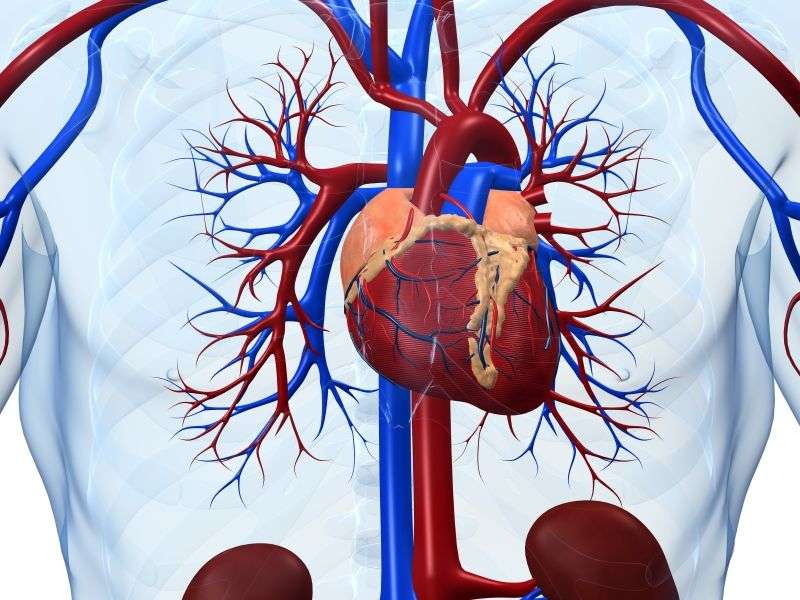(HealthDay)—For high-risk patients with heart failure and reduced ejection fraction (HFrEF), an amino-terminal pro-B-type natriuretic peptide (NT-proBNP)-guided treatment strategy does not improve clinical outcomes versus usual care, according to a study published in the Aug. 22/29 issue of the Journal of the American Medical Association.
G. Michael Felker, M.D., from the Duke Clinical Research Institute in Durham, N.C., and colleagues randomized patients to an NT-proBNP-guided strategy, in which heart failure therapy was titrated with the goal of achieving a target NT-proBNP of less than 1,000 pg/mL (446 patients), or usual care (448 patients who received heart failure care in accordance with published guidelines).
The study was stopped for futility when 894 of the planned 1,100 patients had been enrolled with follow-up for a median of 15 months. The researchers found that the primary end point of composite of time-to-first heart failure hospitalization or cardiovascular mortality occurred in 37 percent of both the biomarker-guided and usual-care groups (adjusted hazard ratio, 0.98; 95 percent confidence interval, 0.79 to 1.22; P = 0.88). Cardiovascular mortality was 12 and 13 percent in the biomarker-guided and usual-care groups (hazard ratio, 0.94; 95 percent confidence interval, 0.65 to 1.37; P = 0.75). There was no significant difference between the groups in secondary end points or the decreases in NT-proBNP levels achieved.
"In high-risk patients with HFrEF, a strategy of NT-proBNP-guided therapy was not more effective than a usual care strategy in improving outcomes," the authors write.
Several authors disclosed financial ties to the pharmaceutical industry.
More information:
Abstract/Full Text (subscription or payment may be required)
Editorial (subscription or payment may be required)
Journal information: Journal of the American Medical Association
Copyright © 2017 HealthDay. All rights reserved.
























